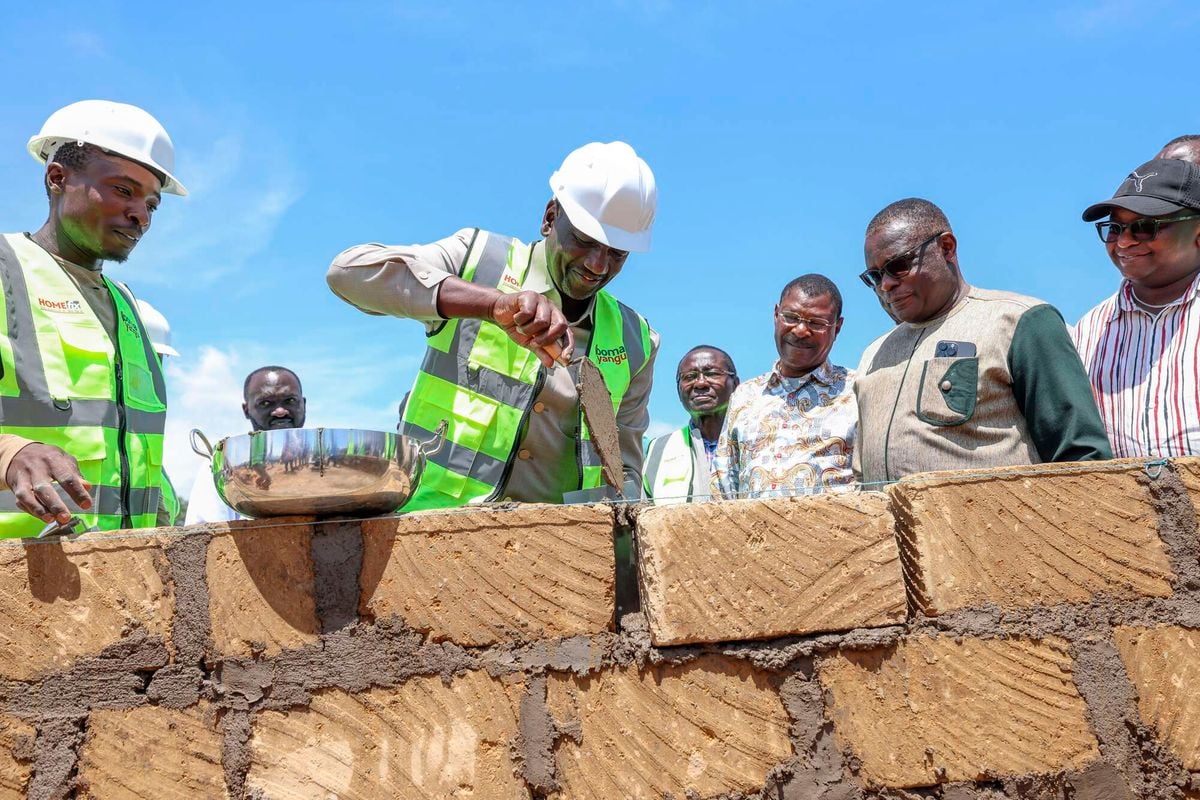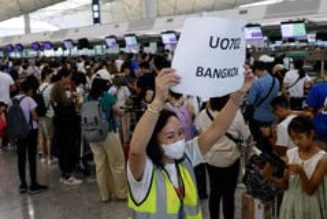
The High Court has declined to temporarily suspend sections of the Affordable Housing Act including the collection of the housing levy, stating that public interest is tilted in favour of allowing the law to operate until the petitions are decided.
A bench of three judges said that laws enacted by Parliament enjoy the presumption of constitutionality and the court cannot stop them unless it is demonstrated that there is a risk of being violated.
Six petitions were filed challenging various provisions of the Affordable Housing Act, 2023 and were consolidated before Chief Justice Martha Koome appointed Justices Olga Sewe, John Chigiti, and Josephine Mong’are to determine the cases.
“It is our finding, therefore, that the petitioners have failed to show that the impugned provisions pose a danger to life or limb or that they threaten the Bill of Rights to warrant the orders sought. We are not persuaded that the petition will be rendered nugatory if the orders sought are not granted,” the judges said.
The judges said that they did not doubt that the affordable housing levy had generated a lot of public interest with divergent arguments on its constitutionality.
The petitioners’ among them Magare Gikenyi had argued that since the board to manage the fund was not in place and there was no clarity as to the collector, the money would be exposed to theft and misappropriation in violation of Article 10(2) of the Constitution, which provides for principles of national values and good governance, integrity, transparency, and accountability.
They further pointed out that the job of the Commissioner General of the Kenya Revenue Authority is restricted to the affairs of the authority and not collecting the levy.
The court was further informed that the housing levy was placed at 1.5 percent without a study to show how the fund would be operating yet no money should be collected from the public without an expenditure line and a fully functional fund established as required by law.
The government defended the law arguing that any Act of Parliament enjoys the presumption of constitutionality.
Parliament also submitted that the Act establishes the legal framework for the collection of the levy and the collection of levies is not abnormal in Kenya. It gave examples of road maintenance levy and the petroleum levy as similar initiatives.
President William Ruto signed into law the Affordable Housing Bill, 2023 in March 2024 paving the way for the resumption of the deduction of the levy, which had earlier been stopped by the court.
Employees are deducted 1.5 percent of their gross monthly pay, matched by the employer.
Under the new law, Kenyans in the informal sector and others not salaried also pay 1.5 percent of their monthly gross earnings to fund President Ruto’s pet housing project.
Dr Gikenyi, one of the petitioners wants the court to declare that there was no sufficient public participation before the law was passed.
He also argues that the Act’s sections 3, which establishes the levy, and 4, which imposes it, are unconstitutional as they are a threat to social and economic rights and are inconsistent with the Constitution.
The petitioners have also sought the quashing of the Government Financial Management (Kenya Slum Upgrading, Low-Cost Housing, and Infrastructure Trust Fund) Regulations in its entirety and for the State to be compelled to refund the amounts already collected from Kenyans.
“Articles 10, 21(3), and 201 require tax measures to be socially just, adequate, equitable, and progressive and must not disproportionately shift the tax burden to the poor and marginalised,” one of the petitioners submitted.
The petitioners will be urging the court to compel the State to conduct a human rights impact assessment of the tax measures proposed to fund any government programme and a permanent injunction imposed, barring the Ruto administration from imposing any tax without conducting the said assessment.
The Cabinet Secretaries for Lands and the National Treasury dockets, the Attorney-General as well as the National Assembly have opposed the case.
The judges noted that the petitioners were asking the court to suspend the operation of some sections of the law on an application without hearing the petitions on merit.
They said in principle, there is a general presumption that statutes enacted by Parliament are constitutional until the contrary is proved and such a drastic order cannot be issued on an application.
The judges said the hearing of the case would be prioritised.









